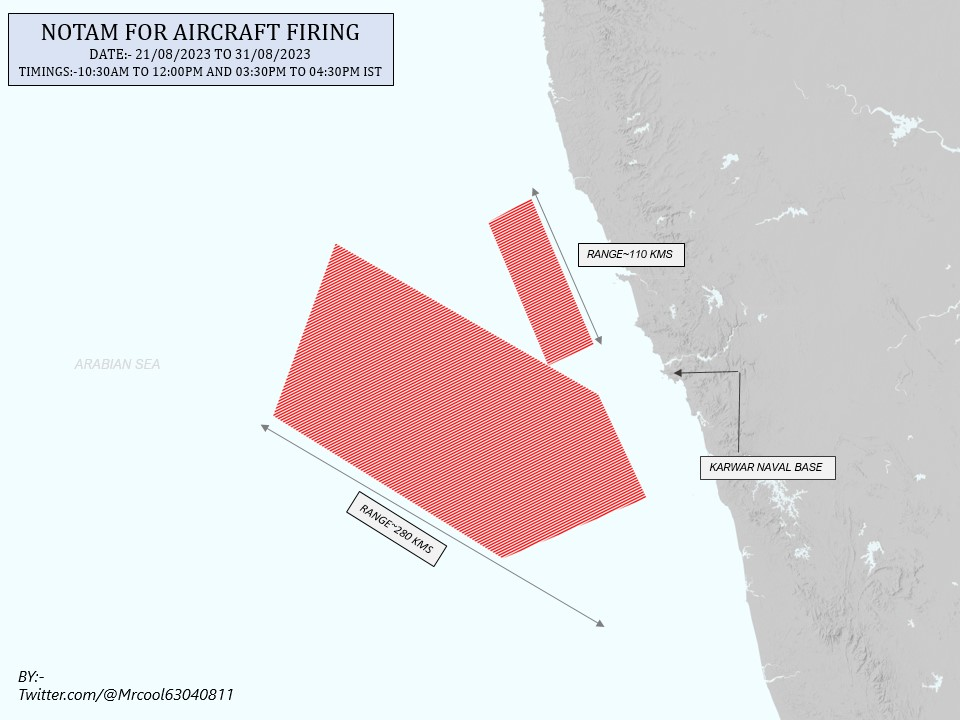Dispute Over China's Satellite Support To Pakistan: Indian Defense Analysis

Table of Contents
The Nature and Extent of Chinese Satellite Support to Pakistan
China's satellite support to Pakistan encompasses a range of technologies with significant military applications. This assistance isn't limited to simple technology transfers; it involves joint projects and the sharing of crucial expertise. The type of satellite support provided includes:
- Communication Satellites: Enhancing Pakistan's secure communication networks, vital for military coordination and command structures. This includes real-time communication across vast distances, crucial for rapid deployment of forces.
- Earth Observation Satellites: Providing high-resolution imagery for surveillance, target acquisition, and intelligence gathering, particularly along the Line of Control (LoC) with India. This capability significantly enhances Pakistan's reconnaissance capabilities.
- Navigation Systems: Improving the accuracy and precision of Pakistan's military navigation systems, crucial for ballistic missile guidance and deployment of troops and equipment. This contributes directly to Pakistan's offensive capabilities.
Evidence points towards considerable technology transfer and joint ventures, enabling Pakistan to develop and deploy its own satellite-based systems, independent of previous limitations. This significantly impacts Pakistan's military capabilities, enabling more effective surveillance, communication, and precision targeting.
Indian Defense Perspective and Concerns
From India's perspective, China's satellite support to Pakistan poses a significant national security threat. This bolstering of Pakistan's military capabilities exacerbates existing tensions and creates new challenges for India's defense strategies. Specific concerns include:
- Enhanced Surveillance Capabilities: Improved satellite imagery allows Pakistan to monitor Indian military movements and infrastructure, potentially informing offensive operations.
- Improved Ballistic Missile Accuracy: Enhanced navigation systems directly contribute to the accuracy of Pakistan's ballistic missiles, increasing the threat to Indian assets.
- Asymmetric Warfare Advantages: The provision of advanced communication and intelligence gathering capabilities strengthens Pakistan's ability to wage asymmetric warfare, posing a significant challenge to Indian countermeasures.
In response, India is likely to strengthen its own space-based capabilities, including investing in advanced surveillance systems and developing robust countermeasures to neutralize the threat. This includes developing advanced anti-satellite (ASAT) technologies and enhancing its cyber warfare capabilities to protect its own satellite infrastructure.
Geopolitical Implications and Regional Instability
China's support for Pakistan's satellite program has profound geopolitical implications, destabilizing the already volatile South Asian region. This strategic partnership:
- Exacerbates India-Pakistan Tensions: The arms race fueled by China's support increases the likelihood of conflict between India and Pakistan.
- Alters Regional Power Dynamics: The enhanced military capabilities of Pakistan shift the regional power balance, creating further instability.
- Influences US Foreign Policy: The growing Sino-Pak alliance compels the US to reassess its regional strategies and its relationship with both India and Pakistan.
- Impacts Other Regional Players: The enhanced capabilities of Pakistan have implications for Afghanistan and other regional players, potentially influencing the broader dynamics of the Indo-Pacific region.
The situation underscores the growing complexity of great power competition and its impact on regional stability.
The Role of Space-Based Assets in Modern Warfare
The increasing reliance on space-based assets highlights the critical role of space in modern warfare. This includes not only the use of satellites for communication, surveillance, and navigation but also the potential for space-based offensive and defensive weapons systems. The development of anti-satellite weapons and the growing threat of cyber warfare targeting space-based assets creates a new dimension of conflict: space warfare. This demands a holistic approach to national security, incorporating space as a critical domain of operations.
Conclusion
China's increasing satellite support to Pakistan presents a significant challenge to Indian national security. This support enhances Pakistan's military capabilities, exacerbates regional tensions, and complicates the already fragile geopolitical landscape of South Asia. India must develop comprehensive countermeasures and strategies to mitigate these threats. This ongoing "Dispute Over China's Satellite Support to Pakistan" demands continued vigilance and a proactive approach to safeguarding national security. We encourage readers to stay informed about this evolving situation and engage in further discussion. Share your perspectives and explore additional research on this critical topic to foster a deeper understanding of the complexities involved.

Featured Posts
-
 Tragedy At Fsu Exploring The Background Of A Shooting Victims Father
May 19, 2025
Tragedy At Fsu Exploring The Background Of A Shooting Victims Father
May 19, 2025 -
 Mikto Orkoto Efeteio Dodekanisoy Leptomeris Analysi Toy Boyleymatos Kai Ton 210 Enorkon
May 19, 2025
Mikto Orkoto Efeteio Dodekanisoy Leptomeris Analysi Toy Boyleymatos Kai Ton 210 Enorkon
May 19, 2025 -
 Interdisciplinary And Transdisciplinary Approaches A Key To Solving Complex Problems
May 19, 2025
Interdisciplinary And Transdisciplinary Approaches A Key To Solving Complex Problems
May 19, 2025 -
 Eurovision Belgium Leslie Cable Passes Torch To Michael De Lil In 2026
May 19, 2025
Eurovision Belgium Leslie Cable Passes Torch To Michael De Lil In 2026
May 19, 2025 -
 Mlb Rumors Evaluating The Financial Implications Of A Luis Robert Jr Trade For The Pirates
May 19, 2025
Mlb Rumors Evaluating The Financial Implications Of A Luis Robert Jr Trade For The Pirates
May 19, 2025
